AI in Biopharma: Proof Points, Pain Points, and the Path Forward
Insights from “AI in Biopharma: What’s Working and What’s Left to Prove,” BIO 2025
Alliance for Artificial Intelligence in Healthcare
With Contributions from:
Megan Nacar, Vice President, Commercial, DeciBio
Alex Zhavoronkov, PhD, CEO & Founder, Insilico Medicine
Attila Csikász-Nagy, PhD, Co-founder & CEO, Cytocast
Maria Luisa Pineda, PhD, Co-founder & CEO, Envisagenics
Jason Raeburn, LLB (Hons), PGDip, Partner, Paul Hastings
Rafael Rosengarten, PhD, Chief Executive Officer and Co-founder, Genialis
Elaine Hamm, PhD, Executive Director, AAIH
Executive Summary
At BIO 2025, the Alliance for Artificial Intelligence in Healthcare (AAIH) hosted a high-impact panel to explore a timely question: where is AI actually making a difference in biopharma, and what challenges still stand in the way? Expertly moderated by Megan Nacar of DeciBio, the session featured experts across drug discovery, diagnostics, safety prediction, and regulatory strategy. The discussion tackled everything from platform sustainability and model explainability to what it will take for AI to become a trusted decision-making tool across the drug development lifecycle.
AAIH Perspective
Everyone on our panel, like many of our members, has been working in AI for more than a decade. Long before generative models made headlines, they were building platforms, running simulations, validating predictions in the lab, and navigating regulatory gray zones. They have seen the early hype, the setbacks, the breakthroughs, and the practical realities of integrating AI into drug development.
That perspective matters now more than ever. Because as the conversation shifts from can AI help to how should we use it, the next phase of progress will be defined not by flashy demos, but by trust, evidence, and coordination across the ecosystem.
Real acceleration will come only when negative data see daylight and multimodal models earn trust as decision makers, not just supportive tools. Safety prediction cannot advance without access to failure. Trial design cannot improve without integrated signals across omics, imaging, and clinical data. And regulators cannot adapt unless the scientific community engages them early and often.
At AAIH, we believe the way forward is through shared infrastructure, shared knowledge, and shared accountability. We will continue to:
Champion open dialogue with regulatory agencies around explainability, validation, and AI-driven endpoints
Promote the responsible sharing of de-identified data, especially from failed trials and negative results
Highlight the work of our members who are already using AI to cut years off discovery and development timelines
Support the development of common frameworks that allow AI platforms to interoperate across functions, from discovery to diagnostics to commercialization
Most importantly, our members are helping each other. They are sharing data, lessons learned, and even war stories…about models that failed, regulators who asked tough questions, and what it really takes to turn a promising algorithm into a useful drug. That spirit of collaboration is what makes AAIH more than a network. It is a community of practitioners who are building the future of AI in healthcare together.
Follow AAIH for the upcoming white paper on our other BIO Panel, where we dive into “Models that Train the Models” and the future of self-improving pipelines.
